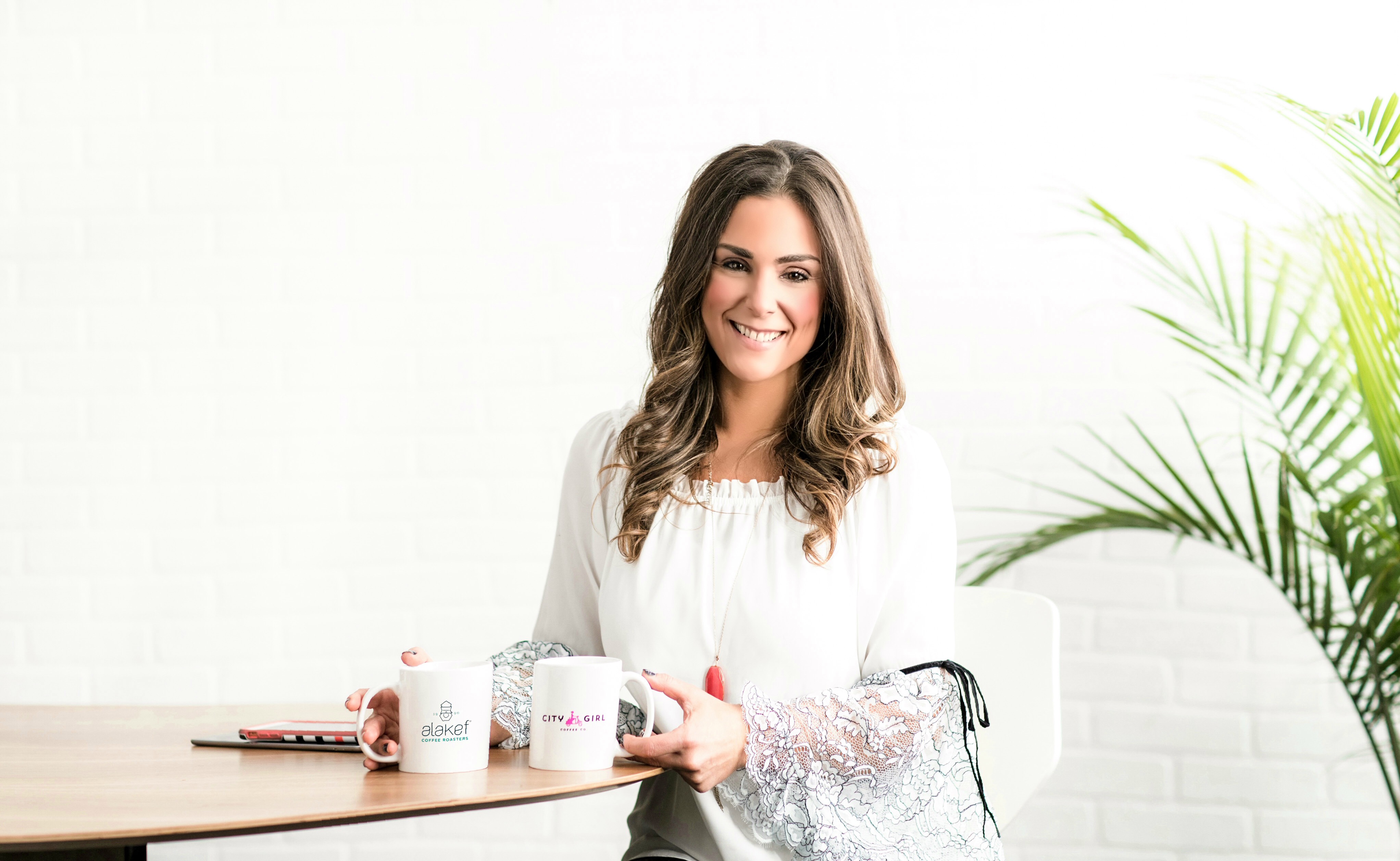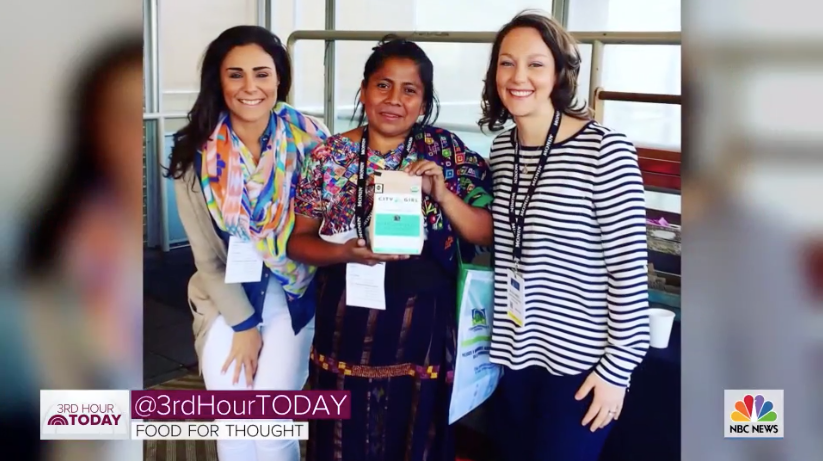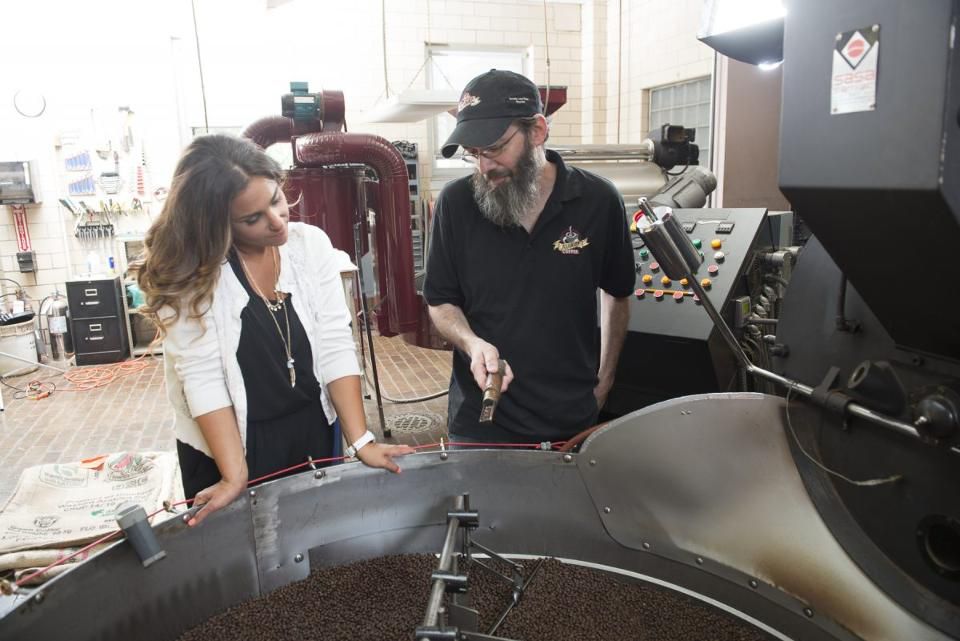Marketing food and beverage brands specifically to women is not a new concept. We’ve seen gendered products from light beer labeled as Chick Beer to low-fat Monterey Jill Cheese. For the most part, these goods are unnecessary and, at their worst, they can cross the line into offensive. When we came across a company called City Girl Coffee Co., however, our usual concerns about feminized food products went out the window. This brand, with a mix of products including blends, single-origin beans, and even some K-Cup offerings, seems to be doing it right.
City Girl Coffee is female-owned, and the brand’s goal is to empower women in coffee — an industry in which 70% of the work is done by women. Owner Alyza Bohbot does that, according to GrubStreet, by making City Girl the only roastery in the United States to only buy beans from farms that are managed by women. Additionally, 5% of all profits made by City Girl are donated to Café Femenino and the International Women’s Coffee Alliance (I.W.C.A). That is huge because, according to the I.W.C.A, women make up half of the world’s coffee farmers, yet they face more challenges than their male counterparts because gender inequality is prevalent throughout many the regions where the world’s best coffee is grown.
In a recent interview with The New York Times, Alyza Bohbot who opened City Girl as an offshoot of her parents’ company Alakef Coffee Roasters, referred to her coffee brand as “unapologetically feminine.” She took an interesting approach when it came to marketing and branding. The City Girl Coffee Co. logo is written in white letters on a bright pink background and features a ponytail-wearing woman driving a scooter. The brand turns our associations with pink on their heads and has us asking, why do we think there’s something inherently bad about being girly?
Though we don’t need to be persuaded to support businesses that empower women, for those always looking for the bottom line, studies have shown that investing in women means in investing in entire communities and stimulation economies. According to the Clinton Foundation, women reinvest up to 90% of their incomes back into their families. In contrast, men reinvest around 35%. When women earn, it leads to “economic progress, expand[s] markets, and improve health and education outcomes for everyone.”
City Girl Coffee’s owner has managed to bring third-wave feminism’s message that there is innate power in being feminine into the coffee industry, all while actually investing in real women workers. Which is why we’re ready to invest in Bohbot’s take on gendered food products.







